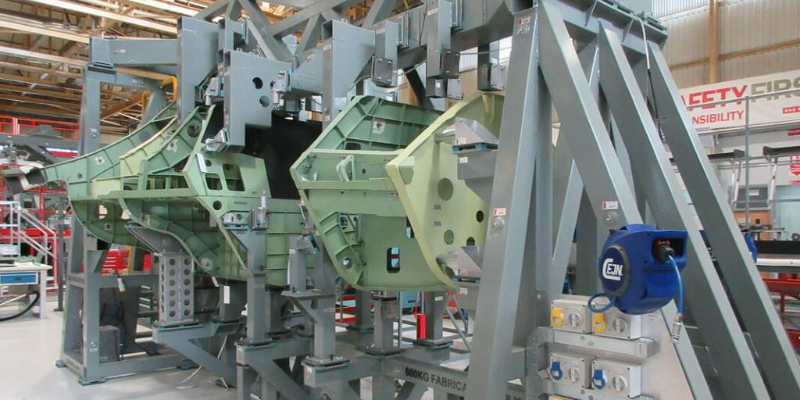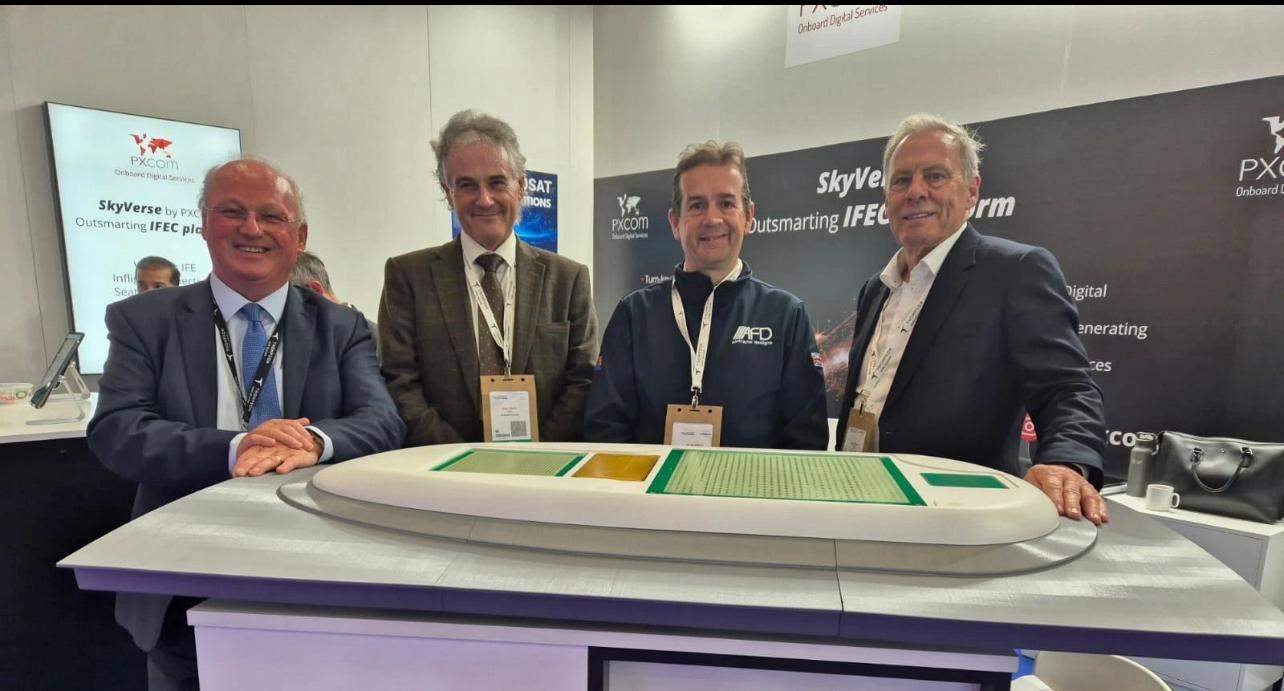
MAA unveils five-point plan for the aerospace supply chain
20th Jul 2020 | In News | By Mike Richardson

The big topic on everyone’s mind is how to save the aerospace industry from the most serious consequences of the crisis. That’s why the Midlands Aerospace Alliance (MAA) has been working at pace on a Five Point Plan, focused on aerospace supply chains, which the organisation has today unveiled.
With airlines cutting or suspending orders for new aircraft, the aerospace industry, which brings £36bn in revenue to the UK economy and provides over 250,000 high-value jobs, is being hit hard. Large and small companies have had no option but to downsize their operations and workforces rapidly.
Aerospace suppliers that make parts for varied aircraft programmes, and those that also supply other market sectors in the Midlands engineering supercluster, for example rail, should be in a stronger position than those dependent on the production of the large, long-haul civil aircraft that have been hardest hit. But conditions are tough for all.
Although these are unprecedented times and it’s therefore challenging to make reliable forecasts, the MAA is expecting the lowest point for the industry to come later in 2020 before demand begins to pick up in 2021. However, the organisation anticipates that it could take until 2025 for the industry to recover and return to its previous growth trajectory.
In its plan, the MAA has established five key priorities, over twenty critical actions and the guiding principles it believes will enable aerospace supply chain companies to survive this crisis and bounce back with capabilities, capacity and competitiveness intact.
The plan has been developed by bringing together aerospace experts across industry, academia and government to work through the critical and complex issues. The MAA has also carried out extensive consultation and discussions throughout the region.
Dr Andrew Mair, Chief Executive of the MAA (pictured), said: “We have all had to react rapidly as the crisis has started to unfold and many aerospace companies are experiencing serious difficulties. Now we have a plan in place, we will be working with key stakeholders to agree the best approach to implementation to ensure the industry, which contributes so much to the UK economy, not only survives the crisis but returns to growth in the future.”
The plan will continue to evolve as the crisis develops to ensure the right actions continue to be taken nationally and regionally to help return the UK economy to prosperity.
Consider a free digital subscription
If you find this article informative, consider subscribing digitally to Aerospace Manufacturing for free. Keep up to date with the latest industry news in your inbox as well as being the first to receive our magazine in digital form.










